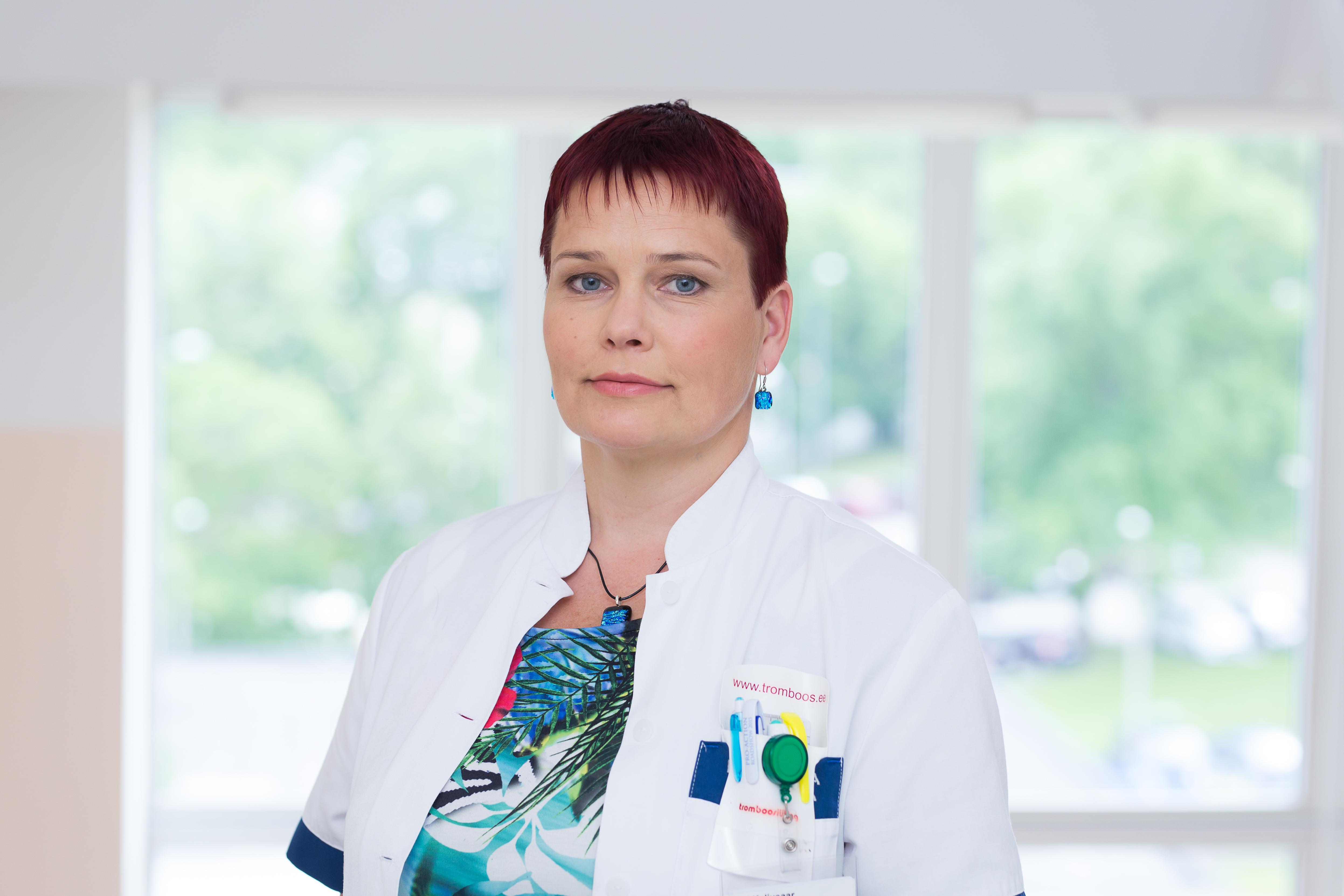East Tallinn Central Hospital vascular office helps patients with damaged blood vessels
Vascular office starts operation at East Tallinn Central Hospital. The vascular office is a new room dedicated to outpatient appointments for patients with blood vessel damage in multiple areas.

According to Dr Heli Kaljusaar, Head of the East Tallinn Central Hospital Centre of Cardiology, the vascular office will open in June. “We will set up a multidisciplinary team and introduce multidisciplinary councils for patients suffering from acute ischaemia of the leg. Severe cases will be prioritised,” says Dr Kaljusaar, adding that the opening of the vascular office is an indication of cooperation between several units: The Centre of Cardiology, vascular surgery, the office for the treatment of wounds, the angiography office, the office for diabetes, the Centre of Neurology and rehabilitation.
A vascular surgeon will refer patients to the vascular office on an as-needed basis.
“As a multi-disciplinary team involves many specialist areas, it is important to apply them as one team with a common goal to help patients suffering from acute ischaemia of the leg. All of this will be coordinated by Dr Anu Hedman,” says Dr Kaljusaar. In addition to Dr Hedman, cardiologists and angiography doctors Dr Kristina Lotamõis and Dr Alar Kaasik will also be involved with the vascular office.
The vascular office is primarily established to monitor patients with atherosclerosis of the extremities following procedures to restore circulation. Arterial damage in lower limbs at this stage is often accompanied by ulcers and gangrene. The coordinated efforts of a multidisciplinary team are crucial to save the leg and avoid amputation.
In the vascular office, the patient undergoes an assessment of their health status, any health risks are analysed and comorbidities mapped; the patient is advised on the nature and various aspects of their disease, e.g. how to administer medicinal products, how to monitor their overall feeling and health status, instructions on disease-related nutrition, lifestyle counselling (e.g. giving up smoking and alcohol, learning how to keep active and prevent disease-related complications), explanations on why follow-up checks are important, etc.
Vascular damage that is extremely aggressive, rapidly progressive or present in several family members may be indicative of a genetic disorder and a gene specialist can help determine this to find the most suitable course of treatment and the preventive measures to avoid complications for family members.
“The vascular office can also be involved in the handling of patients with genetic high cholesterol levels,” adds Dr Anu Hedman. “East Tallinn Central Hospital Centre of Cardiology has a familial hypercholesterolemia database, the only one of its kind in Estonia and the result of years of lecturing in every county in Estonia.”
 Terviseportaal
Terviseportaal